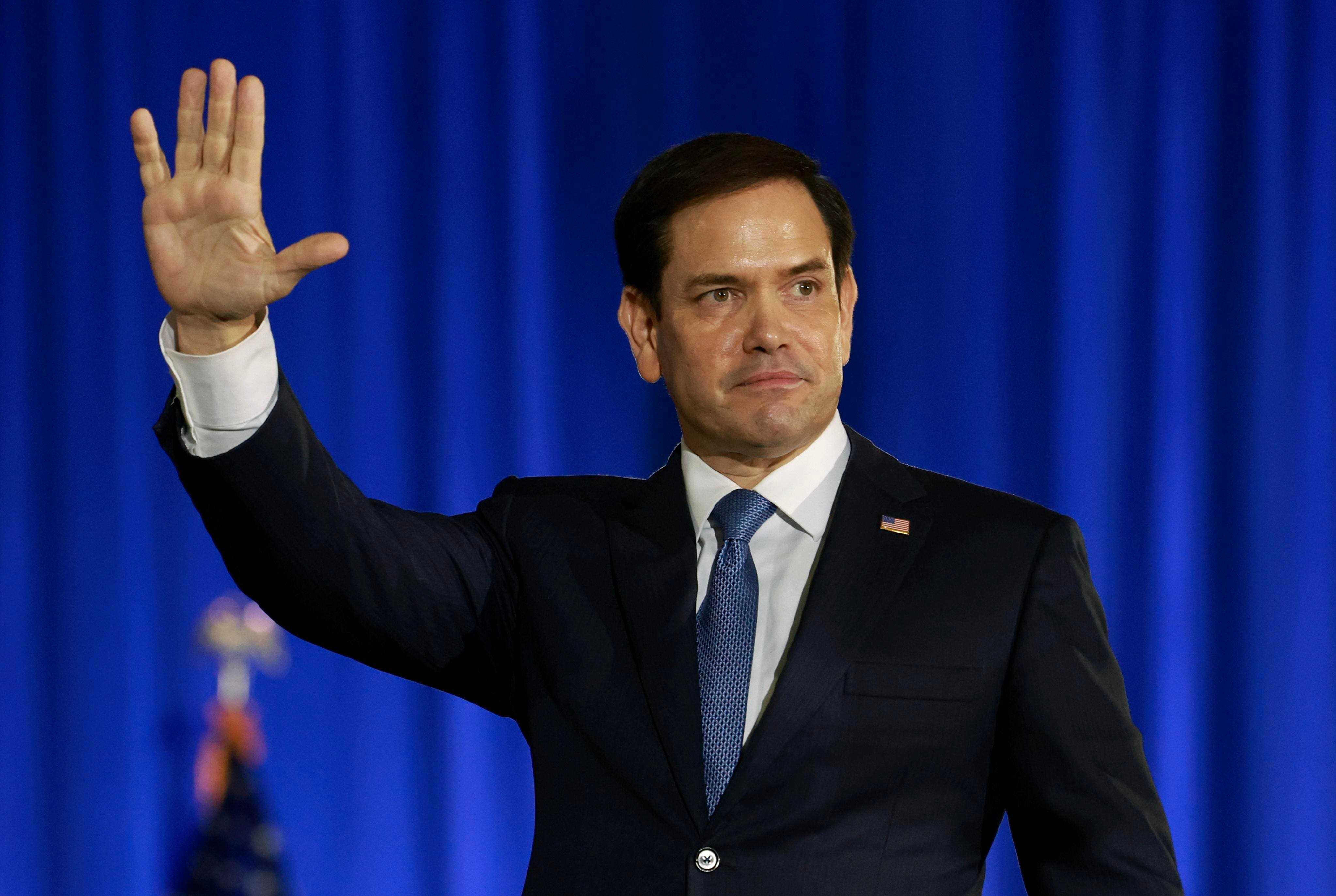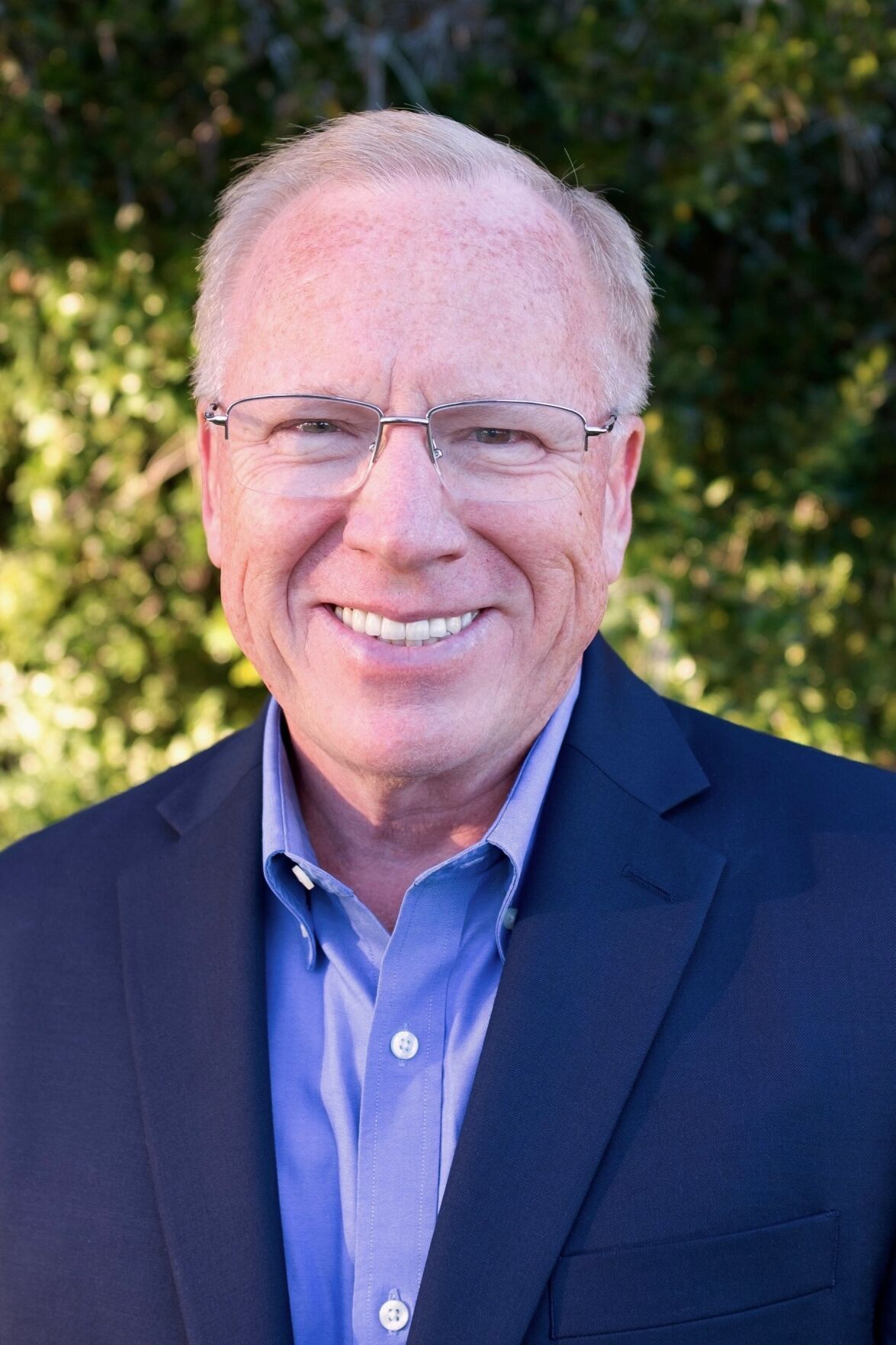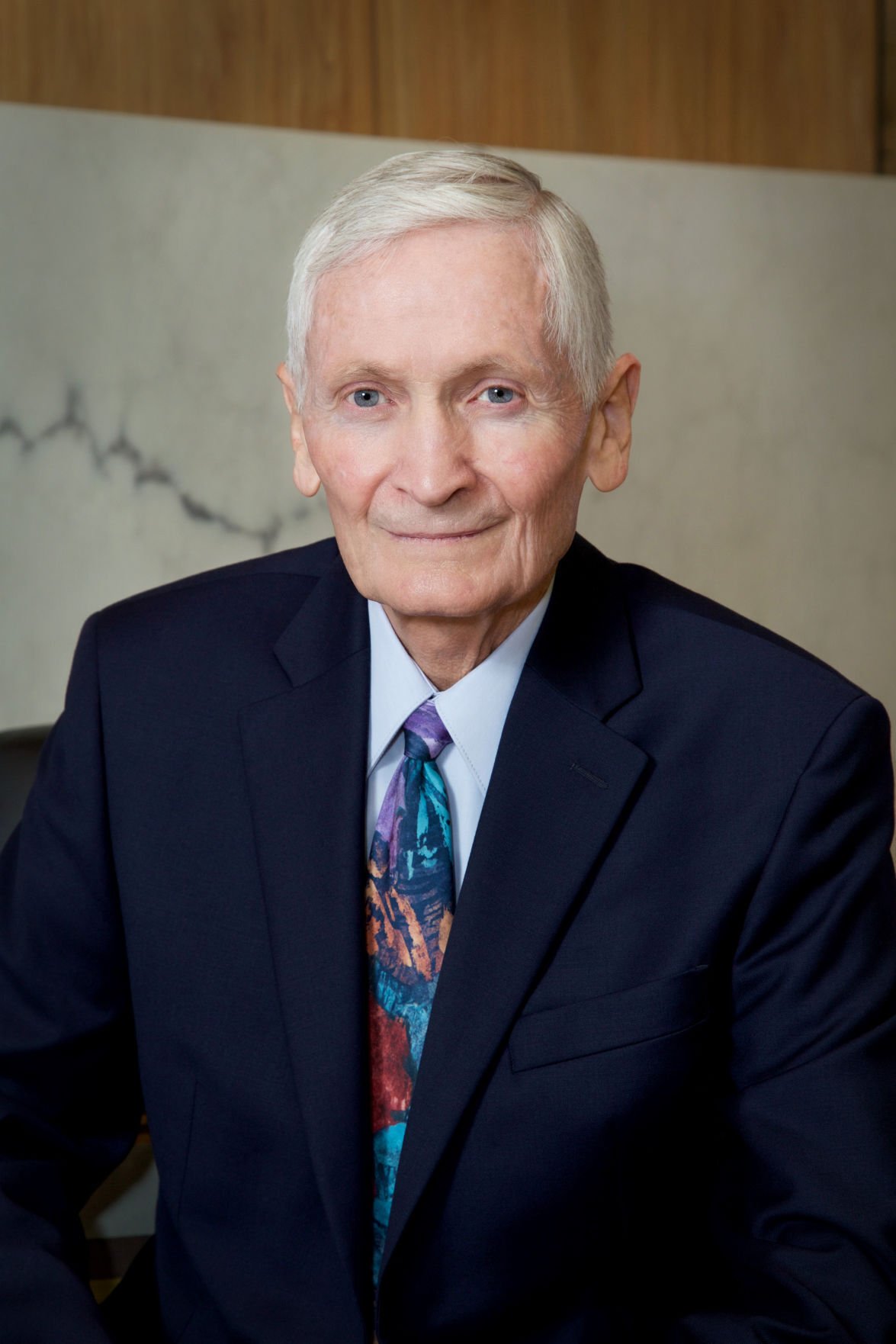Amid allegations that ICE deported U.S. citizen children from Louisiana, Secretary of State Marco Rubio vehemently denies such characterizations, calling them “misleading” during a Sunday interview on NBC. The controversy has sparked national debate over immigration enforcement and the treatment of American-born children.
Did ICE Deport Children From Louisiana Who Are U.S. Citizens? Rubio Denies Characterization Amid Controversy

Key Takeaways:
- Secretary of State Marco Rubio denies allegations that ICE deported U.S. citizen children from Louisiana.
- Rubio described the portrayal of events as “misleading” during an NBC interview.
- The controversy centers around claims that ICE forcibly removed American children.
- Rubio disputes the characterization of ICE’s actions as aggressive or unjust.
- The issue has gained national attention and sparked debate over immigration enforcement.
Controversy Over Alleged Deportations
Allegations have surfaced accusing Immigration and Customs Enforcement (ICE) of deporting children who are U.S. citizens from Louisiana. These serious claims suggest that American-born children were forcibly removed from their homes and sent out of the country, igniting outrage and concern among the public.
Rubio’s Firm Denial
Secretary of State Marco Rubio addressed these allegations directly during an interview on NBC’s Sunday morning program. Clearly frustrated by the accusations, Rubio stated, “You guys just make it sound like I say, ‘Just kick down the door and grab the two-year-old’ and threw them on an airplane. That’s misleading.”
Addressing Misrepresentations
Rubio emphasized that the depiction of ICE’s actions has been distorted. He challenged the narrative that portrays enforcement agents as aggressively targeting innocent children, insisting that such characterizations are not only inaccurate but also harmful to constructive dialogue on immigration policy.
The NBC Interview
During his appearance on NBC, Rubio sought to clarify the government’s stance on immigration enforcement. He highlighted the complexities of the issue and the need for accurate reporting. “The way this is being presented does a disservice to the American people and to the truth,” he asserted.
Nationwide Reactions
The allegations and Rubio’s subsequent response have sparked a nationwide conversation about immigration practices and the treatment of U.S. citizens. Advocacy groups, policymakers, and citizens are weighing in, reflecting the deep divisions and strong emotions associated with immigration enforcement.
Conclusion
As the debate continues, Secretary Rubio’s rejection of the allegations brings attention to the importance of accurate information in public discourse. The situation underscores the challenges faced in addressing immigration concerns while upholding the rights of all individuals involved.











